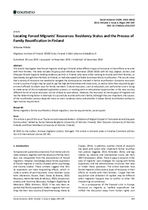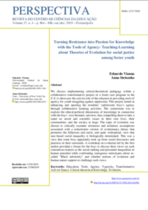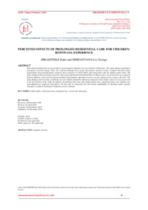Locating Forced Migrants’ Resources: Residency Status and the Process of Family Reunification in Finland
This article investigates how forced migrants residing in Finland utilise different types of resources in their efforts to reunite with their families.



